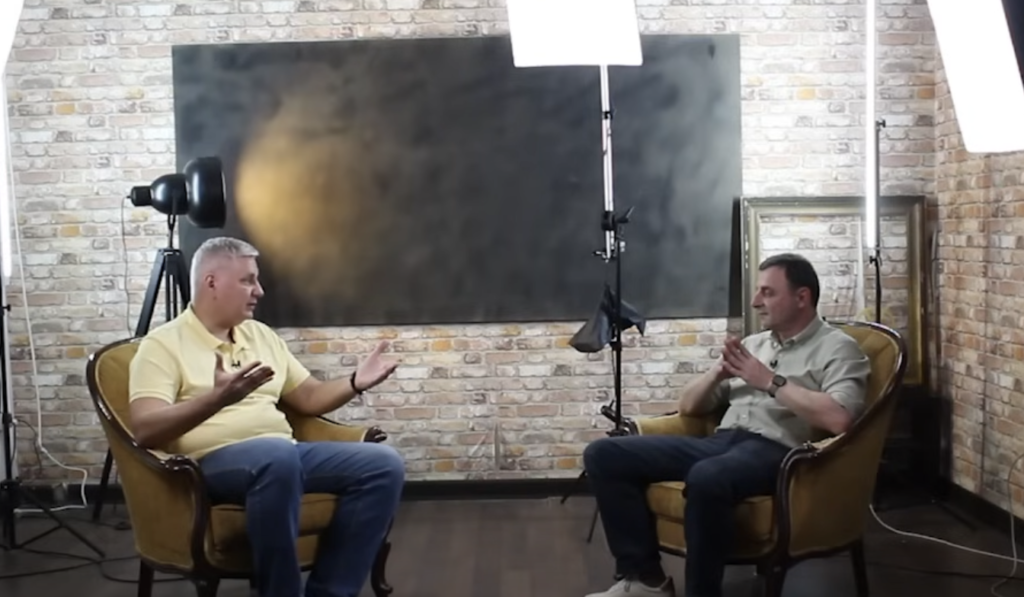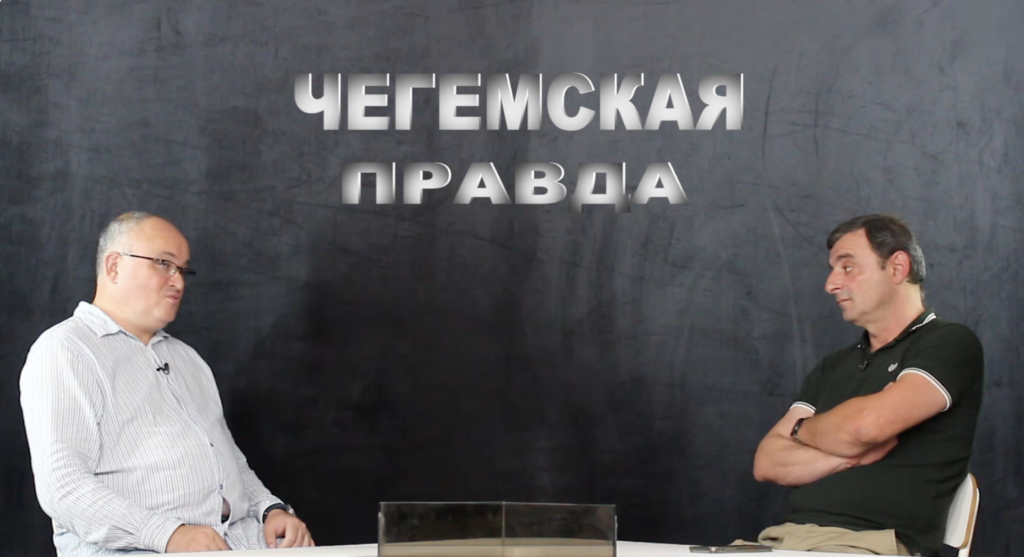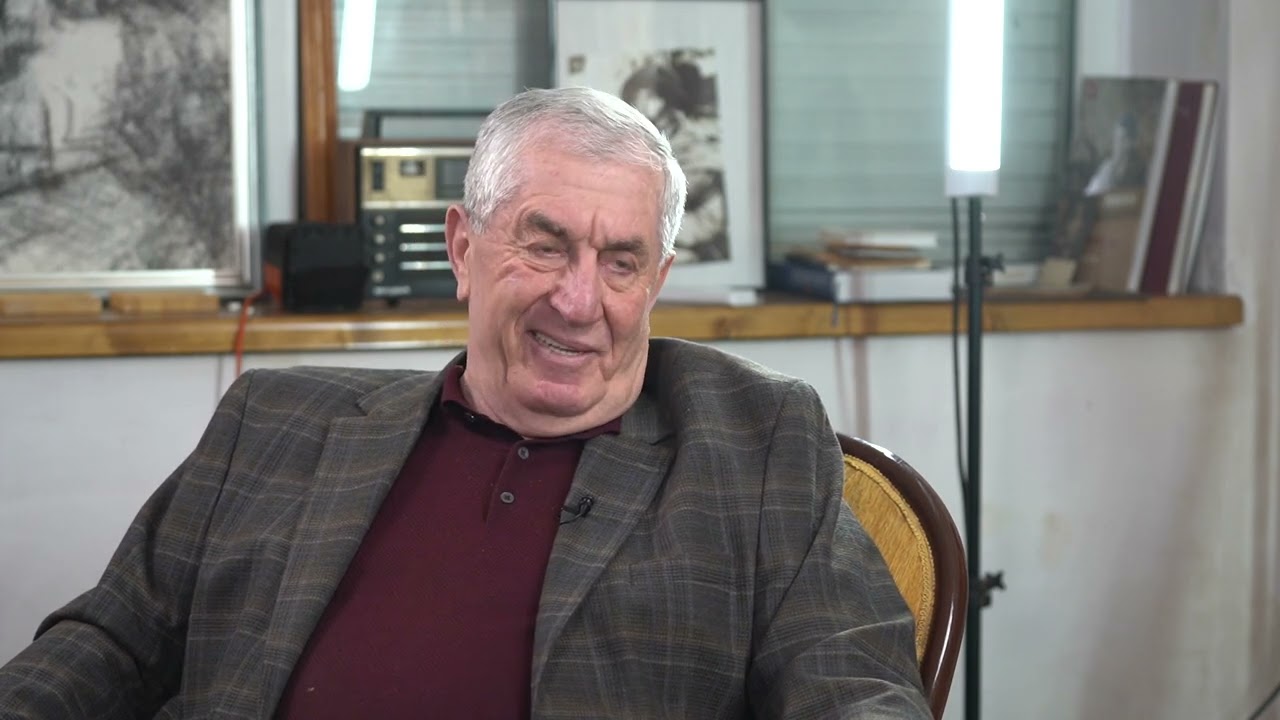politics in Abkhazia
Article originally published on “Echo of the Caucasus” website. The text and terminology of article reproduced without changes. All rights belong to “Echo of the Caucasus”. Publication date: March 04, 2024.
The need to limit the powers of the president and the current problems of the Abkhaz government are addressed by the editor of the “Necessary Newspaper,” Izida Chania.
The need to limit the president’s powers has been talked about almost since the creation of the modern Abkhaz state. One of the authors of our Constitution, Zurab Achba, was the first to express this idea. Several years after its adoption, he admitted that it posed a threat to the existence of our state — not because he was a visionary, but because he realized that presidential power should be under the control of the public.
To be sure, I will quote Zurab Achba in an interview with the “Necessary” newspaper in 1999:
“If power falls into the hands of a power-hungry and greedy monster, he can abuse power as much as he wants without stepping beyond the boundaries of the prescribed powers, exploiting and plundering the people. There will be no lawful authority over him.”
And so it happened, just as he predicted, because in the quarter of a century since Achba expressed his views on the imperial powers of the president, candidates for president have only talked about the need to make power transparent and accountable to society, to control the actions of the head of state, to redistribute powers between the parliament and the head of the executive branch, to give true independence to all three branches of government.
But beyond talk and pretense of readiness for change, nothing has happened—commissions on constitutional reform were established and disbanded, candidates for deputy and president swore readiness to reform the system. But either they lied or “wanted to, but couldn’t.” In the end we have an authoritarian regime, unilateral decisions, high fences, persecution of dissenters, corruption, and a “socially-oriented budget” that barely ensures the maintenance of power and its protectors.
To demonstrate the unwillingness to strip the president of at least some of his powers, I will return to the last session of parliament on February 28, which shows that not only the president but also the parliament is not ready to deprive the head of state of the opportunity to abuse power.
The parliament’s agenda included a question of amending the law on judicial power. The law is constitutional, and required a qualified majority to amend it.
It was about minor changes, not restricting the president’s influence on the judiciary but rather bringing some reasonableness to his actions, since the law grants the president the right to reject the candidacy of a judge submitted by the Qualification Collegium of Judges, and no one, including the judges, understands (or understands well) what the head of state is guided by when rejecting the candidacy proposed by specialists.
Perhaps the judge did not fit politically, or was not “flexible” enough for the president, or was not related by kinship or cronyism. That is why the author of the draft, Deputy Gitsba, proposed to slightly adjust the law and introduce some clarity into the issue related to the submission of candidates for judges to the parliament and the approval of a judge by the Qualification Collegium of Judges.
In fact, this amendment did not pose any danger to the president’s absolute influence over the judges, since guarantees are built into the system of forming the Qualification Collegium of Judges (six representatives of the authorities and one from the university).
The amendments were proposed for consideration, on the first reading, and the authors did not insist “on the first, second, and final” time, as the executive branch likes to do when presenting draft laws. But the “funeral” of this initiative began long before the project reached the deputies. After the bill was submitted for review to the president’s administration, the legal and analytical department of the parliament announced that it “did not comply with the rules of legal and technical drafting.”
Against this background, the discussion proceeded swiftly: defenders of presidential interests, both deputies and representatives of the president in parliament (including the prosecutor general), quickly expressed their rather vague disagreement with the amendments, which in human terms sounded like: no one has the right to encroach on the absolute power of our monarch. The Chairman of the Supreme Court was absent from this meeting, and this is understandable—his protégé Said Butba could not protest the president’s decision, and gratitude did not allow him to express support. So the seat of the representative of the Supreme Court at this meeting remained empty.
As a result, the parliament, which did not look back at laws and regulations, unanimously, in the middle of the night, voting to alienate part of the country’s territory in favor of another state, saw in the history of the amendments to the law on judicial power some inconsistency with the legislation and unanimously voted against adopting the amendments — that is, against a small, albeit very conditional, degree of independence of the judiciary from the president.
Another amendment to the law on judges was to ensure that at least one member of the Qualification Collegium of Judges (QCJ) did not represent the authorities. The QCJ consists of six representatives of the authorities and one representative from the academic community. In order for this sole member of the QCJ to be independent, the authors of the amendment proposed to supplement the norm prohibiting them from combining their activities in the QCJ with a position in the structure of government bodies. The argument of the parliamentary committee simply derails with its “logic”. It turns out that all our scientists hold positions in the government. Do I need to explain that this amendment also did not pass? Only seven deputies voted for these changes to the law.
This outcome was to be expected, because one of the distinguishing features of the authoritarian syndrome is fear of being deprived of power and the readiness to display one’s sycophancy. And this disease can only be cured by drastic measures, of which, evidently, the current parliament is incapable.


